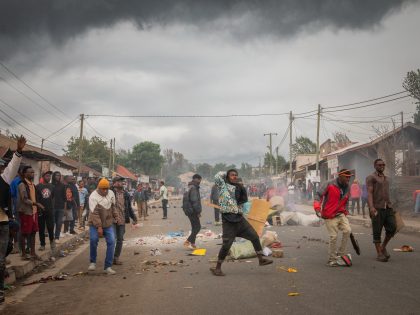
After the coronation
In Tanzania, the Gen Z uprising meets a state whose old bargains have collapsed.

In Tanzania, the Gen Z uprising meets a state whose old bargains have collapsed.
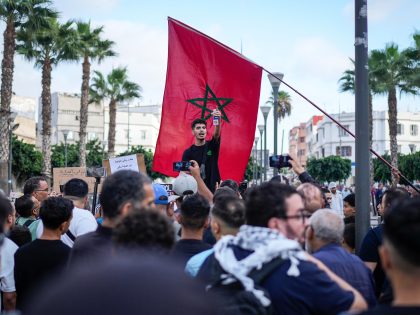
As Morocco prepares to host AFCON and the 2030 World Cup, a decentralized youth movement is demanding real investment in public services over sporting spectacle.
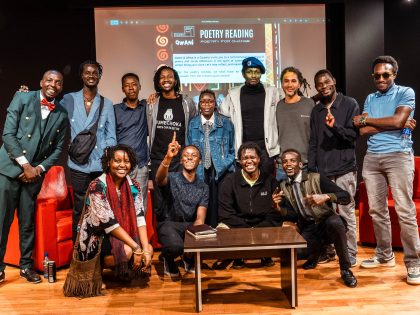
From rooftop beginnings to open mics that echo on the streets, Kenya’s newest literary collective shows how art can archive struggle and energize dissent.
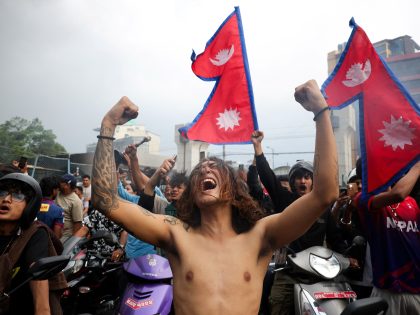
On the AIAC podcast, we speak with Feyzi Ismail about Nepal’s Gen Z uprising that toppled the ruling establishment.
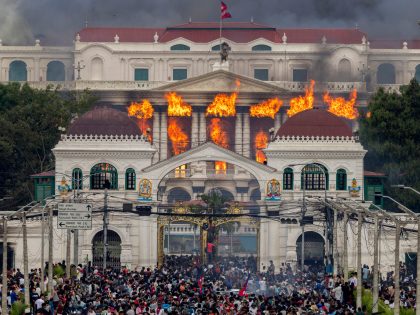
The youth-led uprising in Nepal has toppled the old guard, but its endurance depends on whether anger at corruption and inequality can be translated into lasting political change.
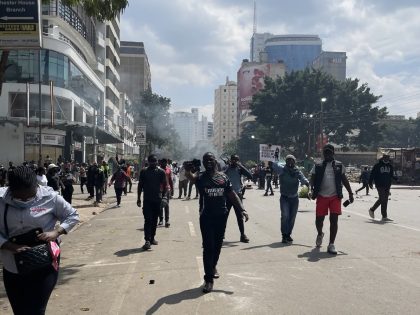
Following two years of mass protest, Kenya stands at a crossroads. A new generation of organizers is confronting an old question: how do you turn revolt into lasting change? Sungu Oyoo joins the AIAC podcast to discuss the vision of Kenya's radical left.
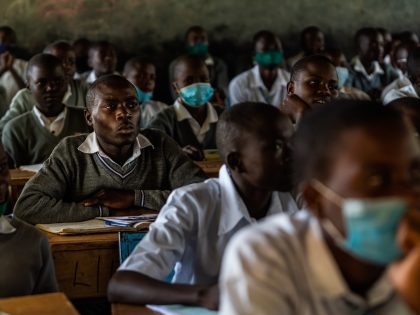
From the colonial classroom to today’s exam halls, student strikes in Kenya are less outbursts than acts of political imagination—insisting that schools live up to their promise of justice and transformation.
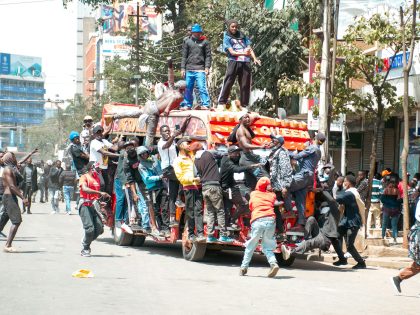
Kenya’s largest-ever protests have drawn striking comparisons to the Mau Mau uprising. But for today’s movement to endure, it must move beyond the streets and invest in political education.
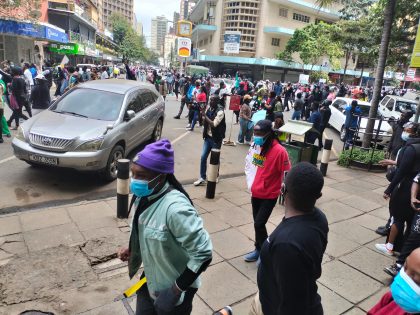
The 2025 Kenyan protests once again declared themselves “tribeless, leaderless, partyless.” But what does the idiom of unity hide?

The first print edition of Africa Is a Country asks: Fifteen years after the mass protest decade began, what happens when the crisis endures?

Long seen as a neutral player in global affairs, Zambia’s foreign policy is shifting under new pressures—from Western donors, Chinese investment, and its own strategic ambitions.

As political discontent rises in Kenya, silencing women’s and queer rights in the pursuit of economic justice risks compromising the movement entirely.

As Mozambique nears 50 years of independence, its ruling party clings to power amid political turmoil, contested elections, and growing public discontent. Is this the beginning of a new struggle for liberation?

À medida que Moçambique se aproxima dos 50 anos de independência, seu partido no poder se agarra ao poder em meio à turbulência política, eleições contestadas e crescente descontentamento público.

Mozambique’s disputed elections triggered a deadly uprising, as citizens resisted Frelimo’s rule and exposed the cracks in neoliberal policies.

As students face repression for protesting genocide, universities must decide: will they defend freedom or enforce silence?

Through political turmoil and broken promises, Kenyans hold fast to hope—an enduring force that fuels resilience and dreams of a brighter future.

In a political landscape defined by opportunism, spectacle, and betrayal, Kenya’s youth-led protests offered a fleeting glimpse of change—only to be ensnared by the same system they sought to challenge.

From the streets of Khartoum to exile abroad, Sudanese hip-hop artists have turned music into a powerful tool for protest, resilience, and the preservation of collective memory.

What can the complete civil disobedience of the Sudanese Professionals Association teach us at a moment when belief in the efficacy of nonviolent protest is in decline?